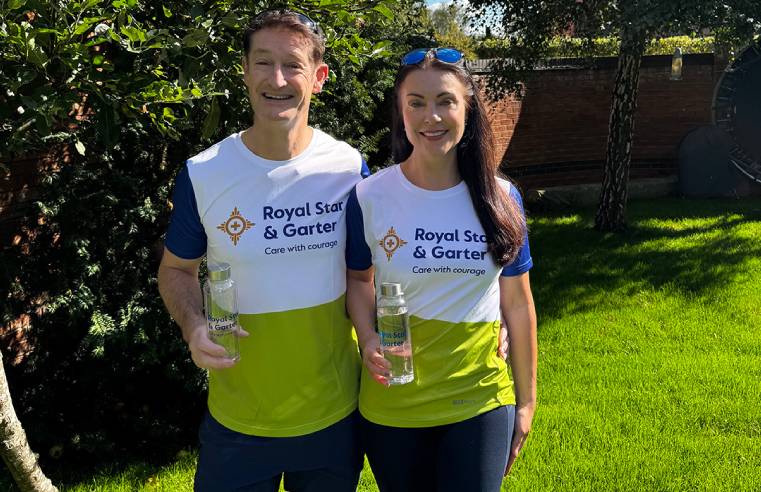A new study will investigate whether vitamin C deficiency is driving COVID deaths in care homes.
The study, VitaC4Care, will test how much vitamin C is needed to achieve normal levels in care home residents.
One of the most vulnerable groups susceptible to COVID-19 is older people. In the UK,almost half (47%) of all COVID-19 deaths in the first wave were in care homes. In the US,the Covid Tracking Project estimates a third (34%) of deaths were in care homes.
Could a lack of vitamin C, which is essential for optimising immune function and fighting viral infections, be a major contributing factor?
The VitaC4Care study is led by Professor Phyo Myint, Clinical Chair in Medicine of Old Age and Dr Alan Sneddon from the Rowett Institute’s Metabolic Health Unit, University of Aberdeen, UK, together with Dr Stavroula Kastora from NHS Grampian and vitamin C researcher Associate Professor Anitra Carr from New Zealand’s University of Otago.
The latest UK government’sNational Diet and Nutrition Survey estimates that almost half a million people over 65 have overt vitamin C deficiency (i.e. blood levels
A study from the MRC Human Nutrition Research Unit in Cambridge in the 1990s indicated that an estimated 40% of people in care homes had deficient vitamin C levels. This study, now over 20 years old, is the only estimate of how widespread deficiency is in care homes.
Associate Professor Anitra Carr said: “We have no idea how much vitamin C our vulnerable elderly actually need to be fully protected.
“This trial will help to establish optimal intakes of vitamin C for this important and often forgotten group within our society.”
People deficient in vitamin C are particularly susceptible to severe respiratory infections, such as pneumonia and COVID-19, which cause vitamin C levels to drop dramatically due to increased need.
A survey of elderly Scottish patients hospitalised with respiratory infections found that 40% had deficient levels of vitamin C. Critical covid patientshave been reported to have depleted vitamin C, the level of which predicts their chances of survival. Older people who are already low in vitamin C before infection may not survive as a result.
According to estimates made by the Linus Pauling Institute at the University of Oregon, their needs may be as high as 400mg a day, ten times the recommended intake in the UK. That equates to six oranges per day, hence supplementation may be essential for older people and care home residents.
The VitaC4Care study will start in Scotland in early autumn 2021.
The not-for-profit www.vitaminC4covid.com project is crowdfunding to help fund the vital VitaC4Care research.
For more details and to make a donation, just click here.

























